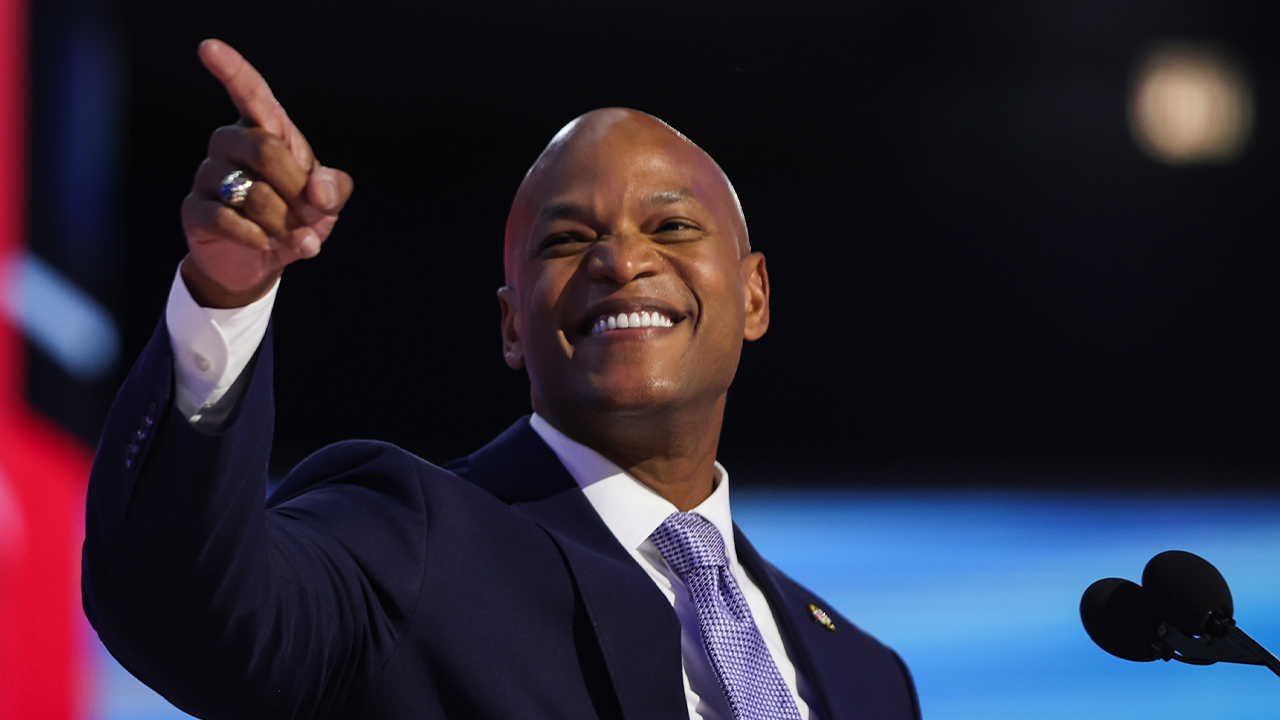Gov. Wes Moore vetoes Maryland reparations commission bill, calls for direct action

Maryland Governor Wes Moore made headlines recently for vetoing legislation that would have established the Maryland Reparations Commission. The bill, sponsored by state Sen. C. Anthony Muse, aimed to provide recommendations by 2027 regarding benefits to be offered to African Americans affected by slavery and historic inequality. However, Gov. Moore decided to veto the bill, emphasizing his preference for taking direct action rather than forming more commissions.
In his veto message, Gov. Moore commended the legislature for their work on the bill and thanked the Black Caucus for their leadership. He acknowledged the importance of addressing racial disparities in communities but expressed concerns about the potential for more bureaucracy with the establishment of yet another commission. Moore highlighted the need for tangible results and continued action to serve the people effectively.
Despite vetoing the reparations legislation, Gov. Moore has always been a supporter of racial reparations as a policy. He remains committed to narrowing the racial wealth gap, increasing minority homeownership, and closing foundational disparities in Maryland. The state has a complex history with slavery, the Civil War, and the treatment of African Americans, including significant sites like the Harriet Tubman Underground Railroad Byway.
The decision to veto the bill was met with disappointment from Maryland’s legislative Black Caucus, who viewed it as a missed opportunity to address the state’s painful history and the urgent need for reparations. They criticized Gov. Moore for blocking legislation that could have directly repaired the harm caused by enslavement. Despite the setback, advocates for reparations continue to push for meaningful action to address historical injustices.
As Gov. Moore’s political future remains uncertain, his stance on reparations and racial equity will likely continue to be a focal point of discussion. While the veto may have dealt a blow to fellow Democrats, it underscores the governor’s commitment to prioritizing action over bureaucratic processes. The debate over reparations in Maryland is far from over, and the decision to veto the bill will undoubtedly spark further dialogue and activism in the quest for racial justice and equality.




